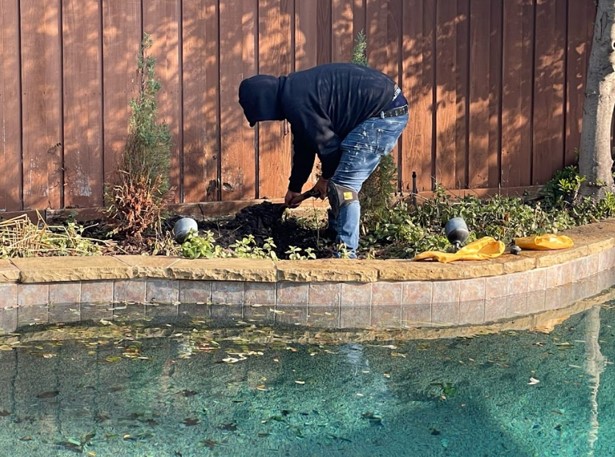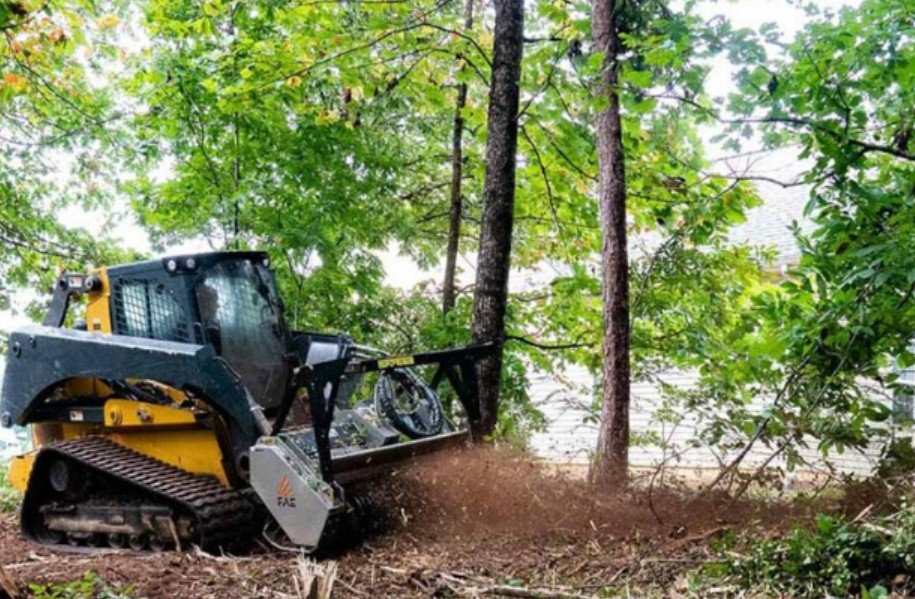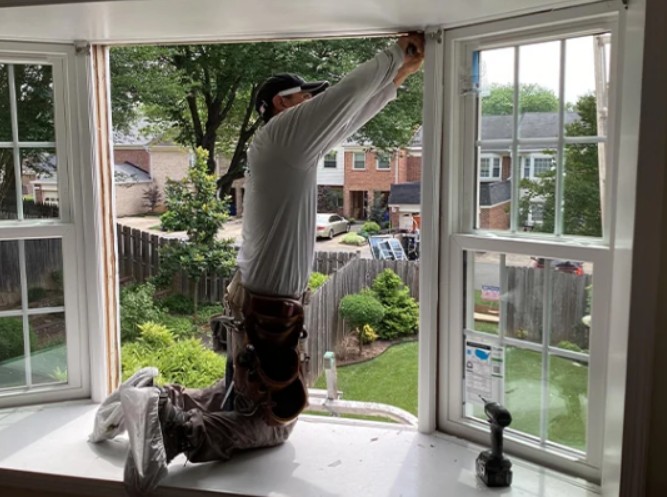
A glistening pool beckons on a hot summer day, offering a cool sanctuary and endless fun. But behind the serene surface lies a complex network of equipment, the silent heroes working tirelessly to keep your aquatic paradise clean, refreshing, and safe. Just like any intricate system, these components require proper care and attention to function optimally. This article delves into the world of swimming pool equipment, exploring its various parts, their functions, and the importance of regular maintenance and repair services.
The Symphony of Pool Equipment:
Imagine your pool as a living organism. The water represents its lifeblood, constantly circulating and requiring purification. This vital circulation is facilitated by the pump, the heart of the pool system. It sucks in water from the pool through the skimmer and main drain, pushing it through the filter, the pool’s lungs, where dirt, debris, and contaminants are trapped. The clean water then journeys back to the pool, completing the cycle.
Maintaining Optimal Flow: Pumps and Filters
- Pumps: These workhorses come in various sizes and types, each with its own strengths. Variable speed pumps offer the best of both worlds, adjusting their power based on pool needs, resulting in quieter operation and energy savings. However, single-speed pumps, while less efficient, are often more affordable. Regularly inspecting the pump basket for debris and ensuring proper lubrication of the pump motor are crucial for maintaining smooth operation.
- Filters: There are three main types of pool filters: sand filters, cartridge filters, and diatomaceous earth (DE) filters. Sand filters are the most common due to their affordability and ease of maintenance. However, they require periodic backwashing to remove trapped particles. Cartridge filters offer finer filtration but require more frequent cleaning of the filter elements. DE filters provide the most exceptional filtration but necessitate the use of DE powder, which can be messy and requires proper disposal. Choosing the right filter depends on your pool size, budget, and desired level of clarity.
Keeping the Water Warm and Sparkling: Heaters and Sanitation Systems
- Heaters (optional): For those who want to extend their swimming season, pool heaters are a welcome addition. Gas heaters are generally more powerful but costlier to operate, while electric heaters are more energy-efficient but may struggle to heat larger pools. Regularly checking the water flow through the heater and maintaining proper chemical balance are essential for optimal performance.
- Chlorinators or Saltwater Chlorine Generators (optional): Maintaining proper chlorine levels is vital for pool sanitation. Traditional chlorinators use chlorine tablets or liquid chlorine, requiring regular monitoring and adjustments. Saltwater chlorine generators (also known as salt chlorinators) offer a more convenient alternative. They convert dissolved pool salt into chlorine, reducing the need for manually adding chemicals. However, saltwater systems require a salt cell that needs periodic replacement.
Maintaining a Clean and Efficient System:
Regular maintenance is paramount to ensuring the smooth operation of your pool equipment. Here’s a breakdown of some key maintenance tasks:
- Skimming: Regularly remove leaves, debris, and insects from the pool surface using a skimmer net. This prevents them from clogging the filter and reduces the chlorine demand.
- Backwashing (sand filters): Periodically backwash your sand filter to remove accumulated dirt and debris. Follow the manufacturer’s instructions for backwashing frequency and duration.
- Cleaning filter elements (cartridge and DE filters): Clean or replace cartridge filter elements and regenerate DE powder according to the manufacturer’s recommendations.
- Checking chemical levels: Maintain proper chlorine and pH levels in your pool water. Imbalanced chemicals can damage pool equipment and irritate swimmers’ eyes and skin. Test kits or digital monitors are available to help you maintain optimal levels.
When Things Go Wrong: Recognizing Signs of Equipment Trouble
Even with proper maintenance, equipment problems can arise. Here are some warning signs to watch out for:
- Leaking pumps or filters: Visible leaks around the pump or filter indicate a need for repairs, such as replacing worn-out seals or gaskets.
- Clogged filters: Reduced water flow or cloudy pool water can suggest a clogged filter. Backwashing (sand filters) or cleaning the filter elements (cartridge and DE filters) should resolve the issue.
- Inoperative pumps or heaters: If your pump or heater fails to turn on or function improperly, it could be due to electrical problems, malfunctioning components, or clogged internal parts.
- Problems with automatic pool cleaners: Automatic pool cleaners can malfunction due to clogged jets, faulty sensors, or programming issues.
- Faulty timers or automation systems: Incorrect settings or electrical problems can prevent timers and automation systems from functioning properly.
The Benefits of Utilizing Swimming Pool Equipment Repair Services:
When faced with equipment malfunctions, seeking the expertise of a swimming pool equipment repair service can save you time, money, and frustration. Here’s how these services can benefit you:
- Expert Diagnosis: Trained technicians can quickly pinpoint the problem with your pool equipment, whether it’s a faulty electrical connection, a clogged component, or a worn-out part. Their experience allows them to diagnose the issue accurately and recommend the most appropriate solution.
- Time Savings: Troubleshooting pool equipment problems can be time-consuming, especially for those unfamiliar with the intricacies of the system. By calling a repair service, you can free up your time to focus on enjoying your pool, not fixing it.
- Preventative Maintenance: Many pool equipment repair services offer preventative maintenance plans. These plans involve regular inspections and cleaning of your equipment, helping to identify minor problems before they escalate into major issues and potentially expensive repairs. Preventative maintenance can extend the lifespan of your pool equipment and save you money in the long run.
- Peace of Mind: Knowing that your pool equipment is in the hands of qualified professionals allows you to relax and enjoy your pool with confidence. A properly functioning pool system ensures clean, healthy water and a safe swimming environment for you and your family.
Finding a Qualified Swimming Pool Equipment Repair Service:
Choosing the right pool equipment repair service is crucial for ensuring quality repairs and efficient service. Here are some tips to help you find a reputable company:
- Experience and Certifications: Look for companies with experienced and certified technicians. Certifications demonstrate the technicians’ knowledge and qualifications to work on various pool equipment brands and models.
- Range of Services: Inquire about the types of equipment the service company repairs and their experience with specific brands you utilize in your pool system. Some companies specialize in specific areas like heaters or automation systems, while others offer comprehensive repair services for all pool equipment.
- Pricing and Estimates: Get quotes from several companies before making a decision. Ensure the quotes detail the repairs needed, the parts required (if any), and the labor costs. Be wary of estimates that seem too good to be true, as they might indicate the use of low-quality parts or shortcuts during repairs.
- Customer Reviews and Recommendations: Read online reviews and testimonials from past customers to get an idea of the company’s reputation and service quality. Ask friends, neighbors, or pool supply stores for recommendations on reliable pool equipment repair services in your area.
A Symphony of Maintenance for a Sparkling Oasis
Your swimming pool equipment is the silent maestro behind the scenes, orchestrating the flow of clean and refreshing water. By understanding the various components, their functions, and the importance of regular maintenance, you can ensure your pool continues to be a source of enjoyment and relaxation. If you encounter equipment troubles, don’t hesitate to seek help from a qualified swimming pool equipment repair service. Their expertise can get your pool system back in top shape, allowing you to focus on creating memories in your cool, inviting aquatic paradise.
Remember: Regular maintenance is key to preventing costly repairs and extending the lifespan of your pool equipment. A little effort on your part goes a long way in keeping your pool sparkling clean, safe, and ready for endless summer fun.
This post was written by a professional at Mr. Pool Leak Repair. Welcome to Mr. Pool Leak Repair – Your Trusted Pool and Spa Solution in Dallas, Plano, and McKinney, TX! At Mr. Pool Leak Repair, we are your go-to experts for all your pool leak repair Mckinney tx and spa needs. We proudly serve the Dallas, Plano, and McKinney areas. We specialize in a wide range of services including:
- Pool and Spa Leak Detection
- Dye Testing
- Decorative Concrete
- Pool Light Repair
- Dive Pools
- and Pool Crack Repair in the Dallas TX area!
We will ensure that your pool and spa remain in perfect condition, providing you with years of enjoyment and relaxation.








